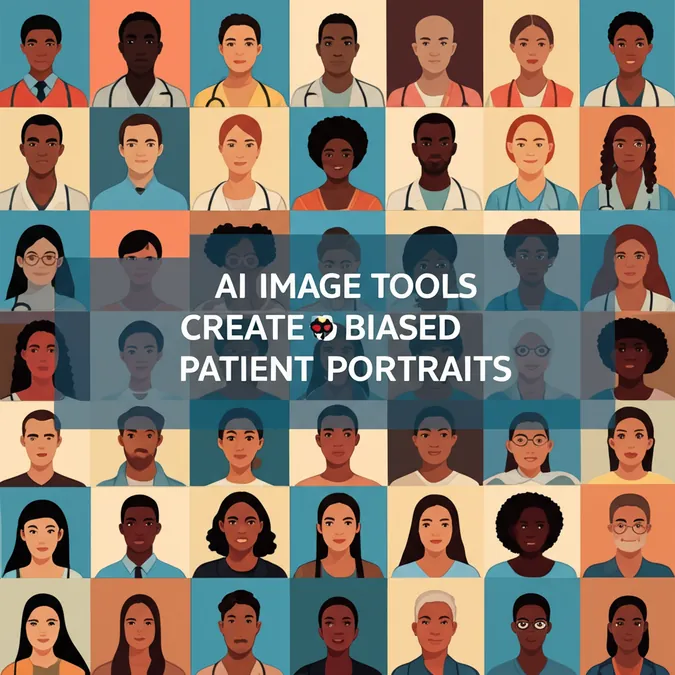Developer Offer
Try ImaginePro API with 50 Free Credits
Build and ship AI-powered visuals with Midjourney, Flux, and more — free credits refresh every month.
AI Generated Founding Fathers Spark Controversy
A Controversial Partnership The White House and PragerU
Conservative content producer PragerU is collaborating with the White House to create a series of AI-generated videos featuring founding fathers and other figures from the Revolutionary War era. PragerU, a nonprofit organization, states its mission is “to promote American values through the creative use of digital media, technology and edu-tainment.” However, the organization has faced criticism for promoting climate denial and historical revisionism, frequently publishing content critical of “wokeness” and “DEI,” and expressing concerns about “the death of the West.” It has also been increasingly integrated into school curricula across the United States.
A launch event for the series, titled “Road to Liberty,” was held on June 25, featuring Secretary Linda McMahon, who has been involved in restructuring the Department of Education. As part of the initiative, visitors at the White House can view a display of historical figures and scan QR codes that link to PragerU’s AI-generated videos.
AI Brings History to Life with Questionable Results
Each video in the series focuses on a different individual from the era of the Declaration of Independence, ranging from former presidents to lesser-known figures. The videos are unmistakably AI-generated, featuring sepia-toned figures whose mouths move unnaturally and somewhat independently from their faces. In a particularly notable example, an AI-generated John Adams is made to say, “facts do not care about our feelings,” a modern phrase widely associated with conservative commentator and PragerU contributor Ben Shapiro.
At the conclusion of the videos, a logo for the White House appears with the text "brought to you by PragerU," followed by a disclaimer: "The White House is grateful for the partnership with PragerU and the U.S. Department of Education in the production of this museum. This partnership does not constitute or imply U.S. Government or U.S. Department of Education endorsement of PragerU."
History professor Seth Cotlar first highlighted the videos in a thread on Bluesky, stating, "I have the unfortunate duty to inform you that the WH & Dept of Ed, as part of the Trump Admin's celebration of the 250th anniversary of the Declaration of Independence, has partnered with Prager U to create AI-slop videos in which we see John Adams say 'facts do not care about your feelings.'"
An Expert Weighs In on Historical Representation
When asked about the series, Cotlar, who specializes in American history and the rise of the far-right, noted the peculiar selection of figures, which includes obscure individuals like politician Lyman Hall and poet Francis Hopkinson alongside famous names like Adams and Jefferson.
“My guess is that this is part of the broader right wing populist push to frame themselves as the grassroots ‘true Americans,’ and they're including all of these lesser known figures with the hopes that their viewers will be like ‘oh wow, look at all of these revolutionary freedom fighters like me who were just kinda ordinary guys like me but who still changed history,’” Cotlar explained.
He also pointed out the striking lack of diversity. “The lack of any pretense to inclusion is pretty notable. Even conservative glosses on the Revolution from the pre-Trump era would have included things like the Rhode Island Regiment or Lemuel Haynes or Phyllis Wheatley.” The “coming soon” section on PragerU’s website also exclusively features white men.
The Rise of AI Slop in Political Messaging
This low-quality, mass-produced AI content, often termed "AI slop," has become an aesthetic of the right. President Donald Trump has shared AI-generated images of himself as the Pope and an AI video called “Trump Gaza.” During Hurricane Helene, prominent Republicans used AI-generated images to blame migrants, with one stating it “doesn’t matter” that a widely shared photo was not real. This partnership now brings this style of easily produced, engagement-focused content directly into a White House initiative.
Investigating the Tech Behind the AI Avatars
The specific technology used by PragerU is unclear. Initial tests with mobile lipsyncing apps like Revive produced far worse results.
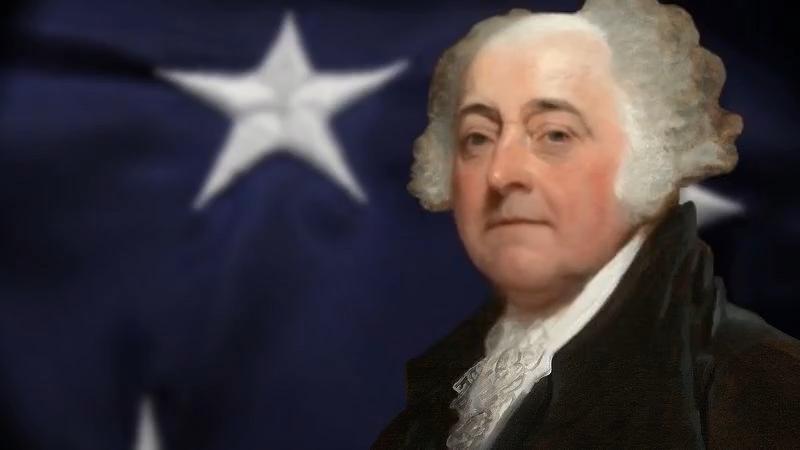
Advanced generators like Veo 3 create much more realistic videos, suggesting PragerU is not using top-tier technology.

Midjourney produced a bizarre, silently screaming animation.
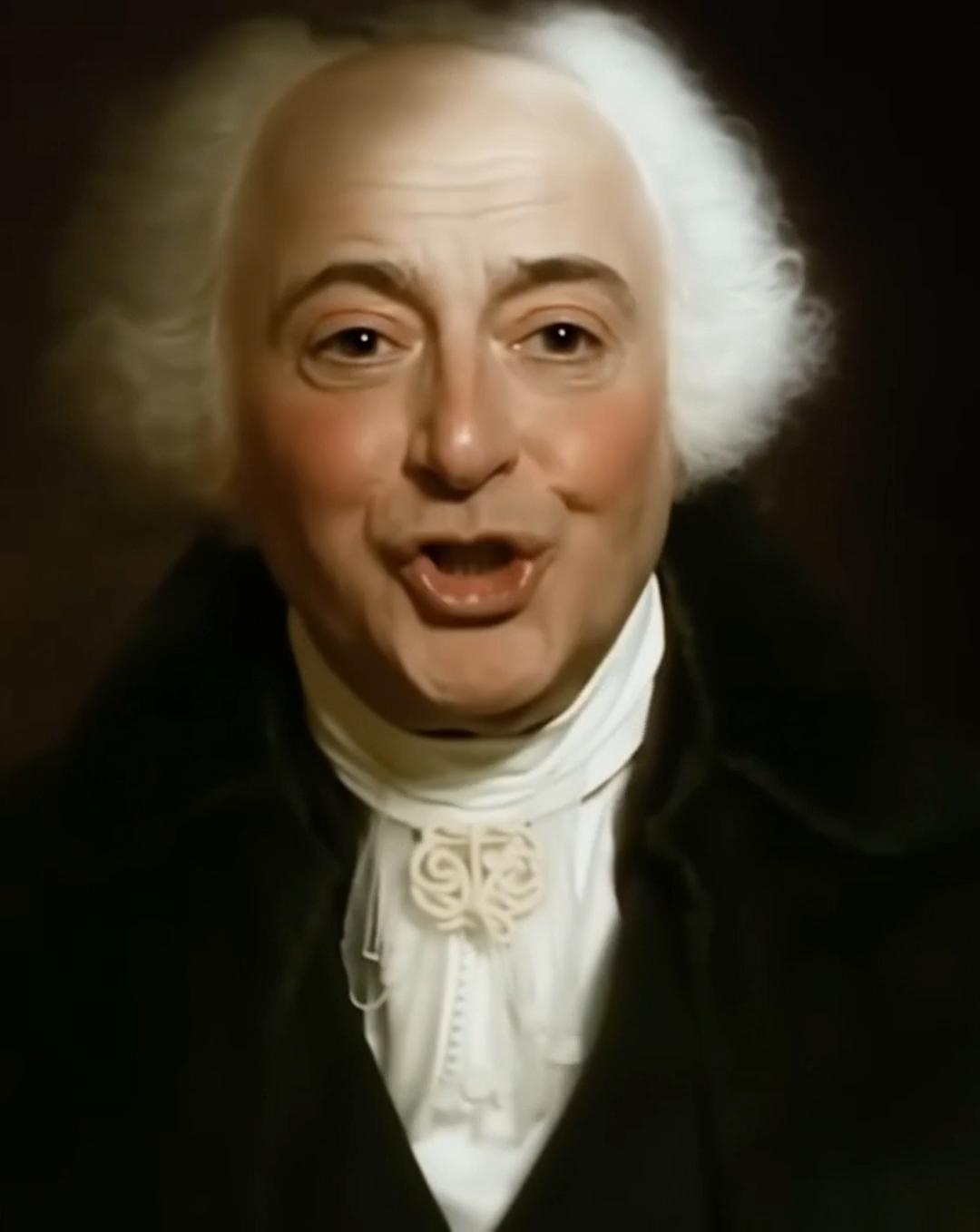
Hany Farid, a professor at UC Berkeley, suggested the videos resemble content from the AI platform HeyGen, which uses ElevenLabs for speech synthesis. Tests with HeyGen on screenshots from the PragerU videos produced a similar puppet-mouth style.
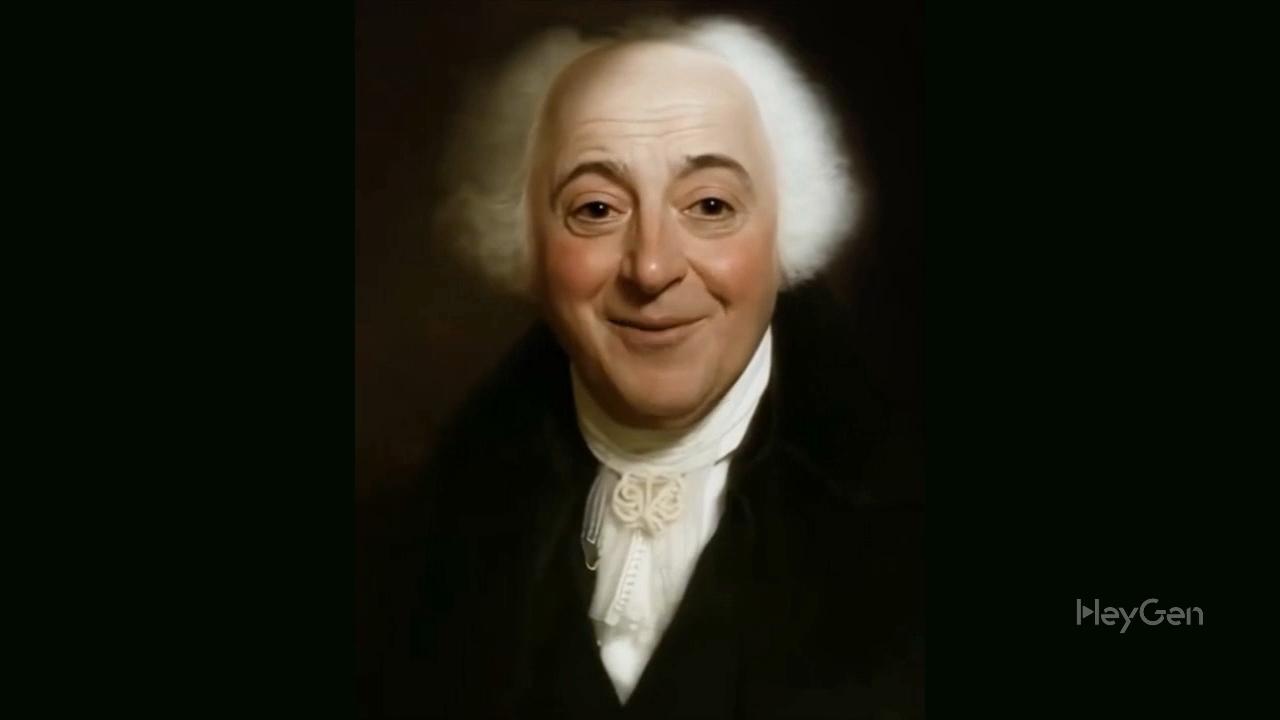
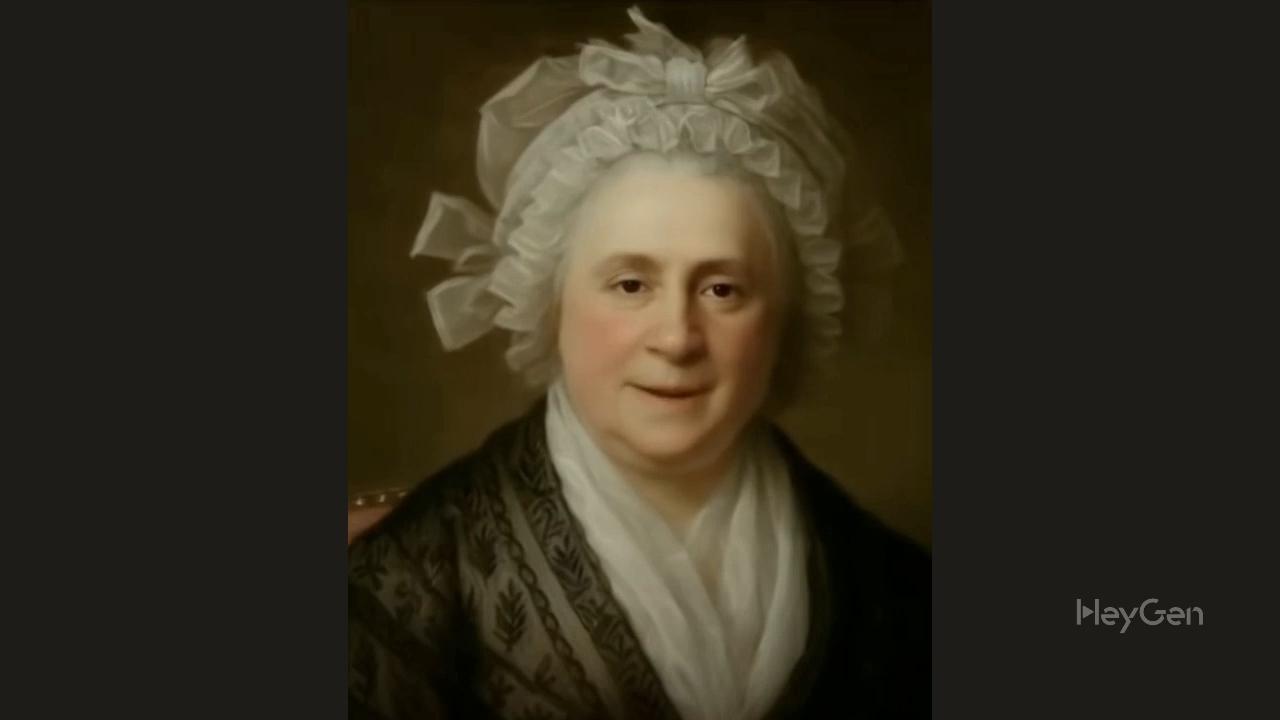
Given that PragerU reported nearly $70 million in income last year, it's likely they used a combination of tools and professional editing to achieve the final product.
From Online Content to Classroom Curricula
Cotlar noted that while the PragerU videos are “distinctly terrible,” historical commemoration has often included schlocky content, such as the "Bicentennial minutes" of the 1970s.
More significantly, this project comes as several states, starting with Florida, have approved PragerU content for use in public school classrooms. In Oklahoma, new teachers may be vetted in partnership with PragerU. State Superintendent Ryan Walters declared, "We're raising a generation of patriots, not activists, and I'll fight tooth and nail to keep leftist propaganda out of our classrooms."
Compare Plans & Pricing
Find the plan that matches your workload and unlock full access to ImaginePro.
| Plan | Price | Highlights |
|---|---|---|
| Standard | $8 / month |
|
| Premium | $20 / month |
|
Need custom terms? Talk to us to tailor credits, rate limits, or deployment options.
View All Pricing Details